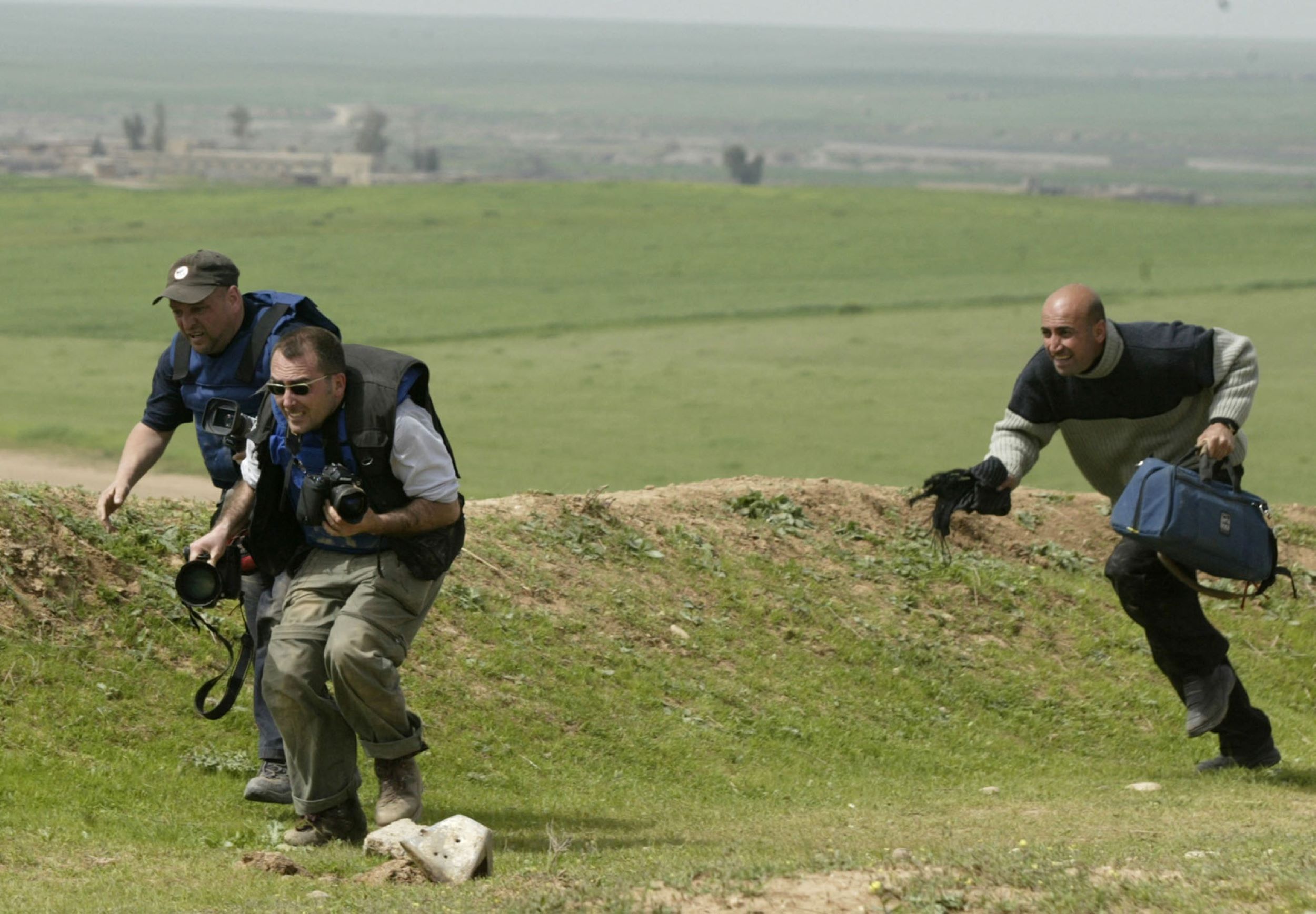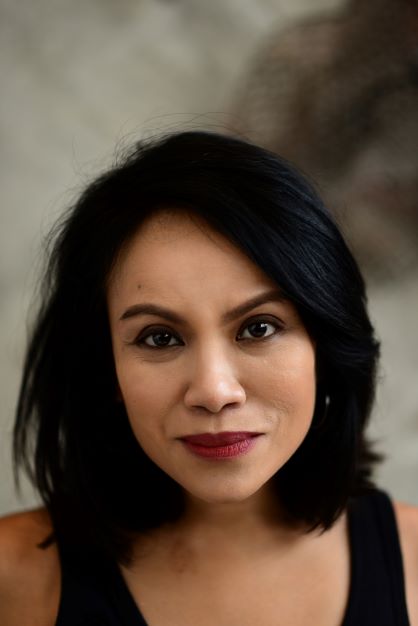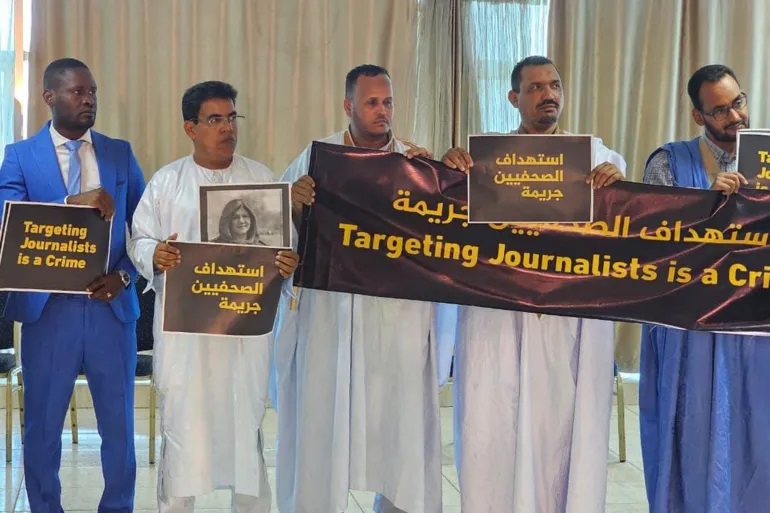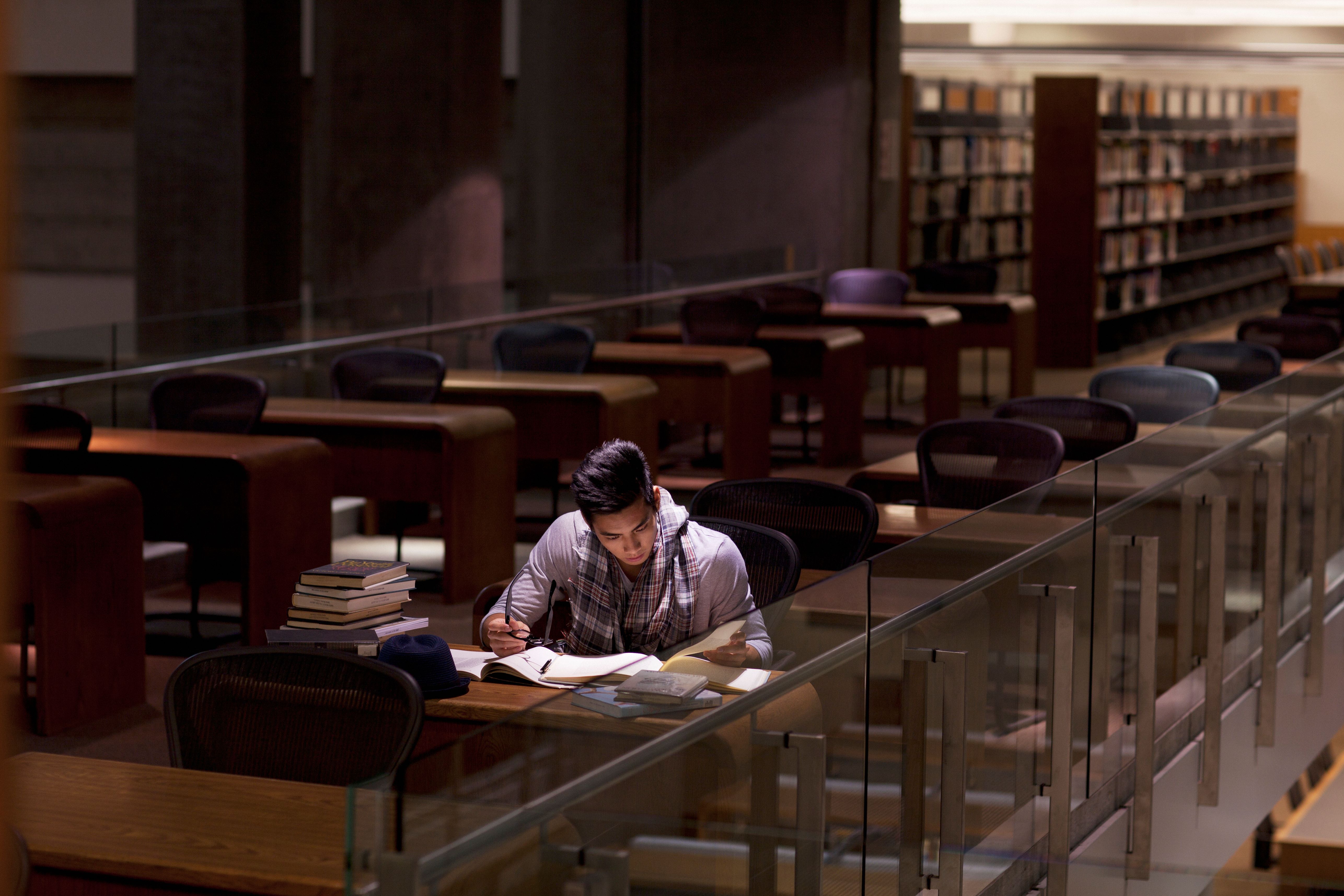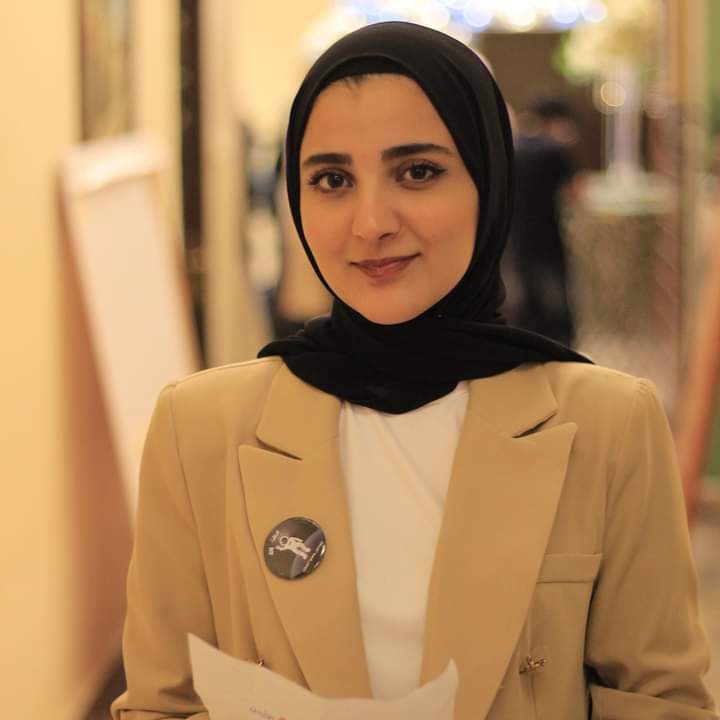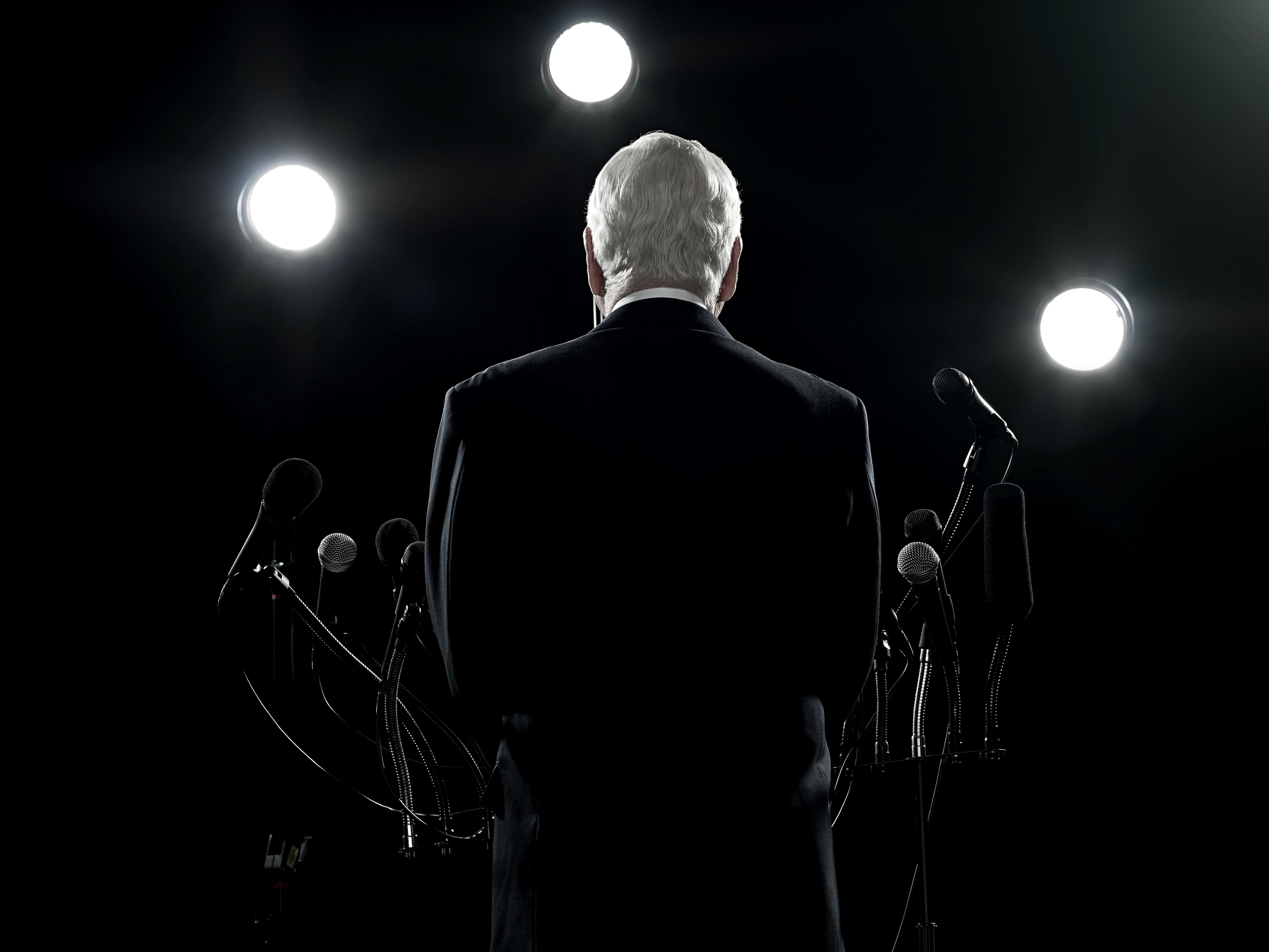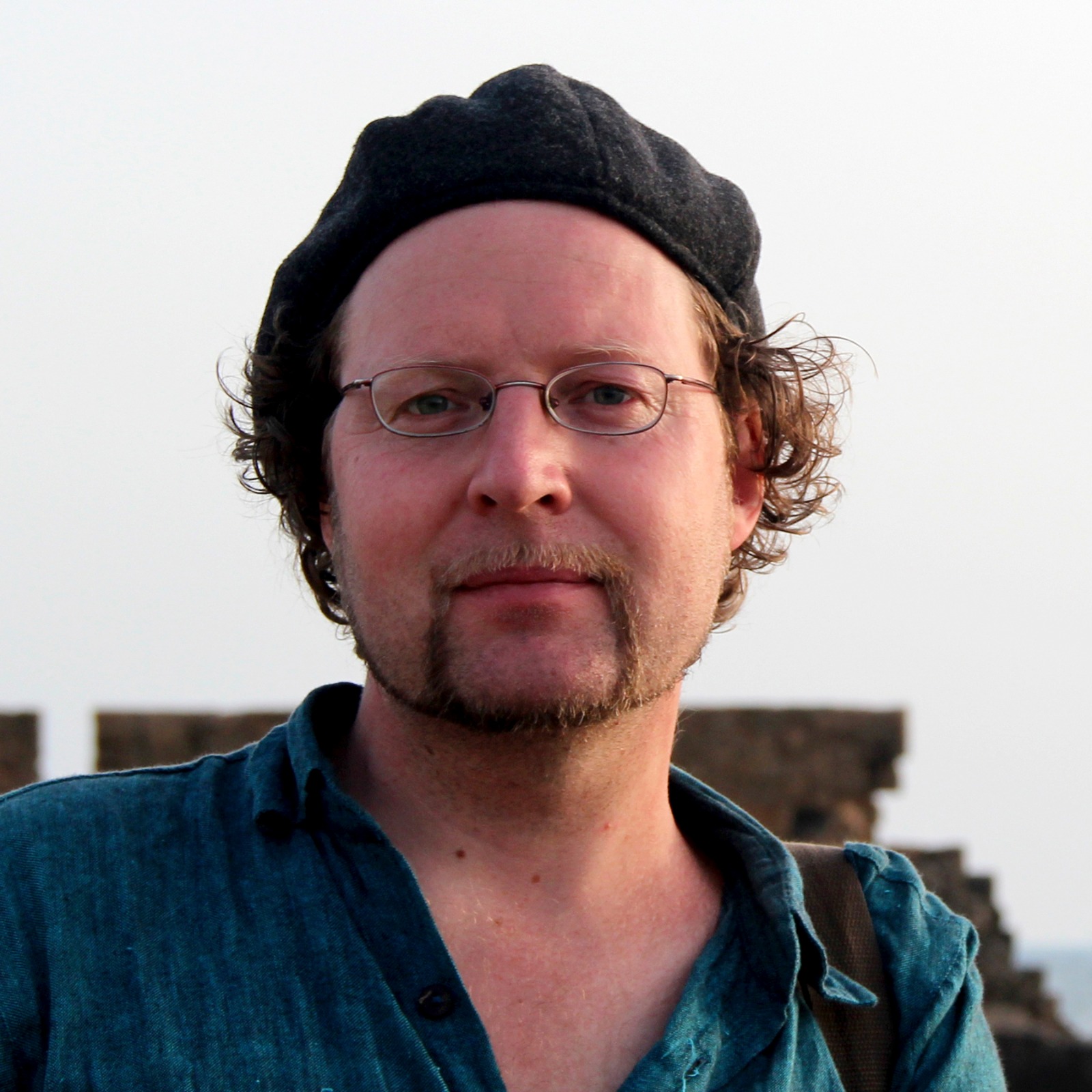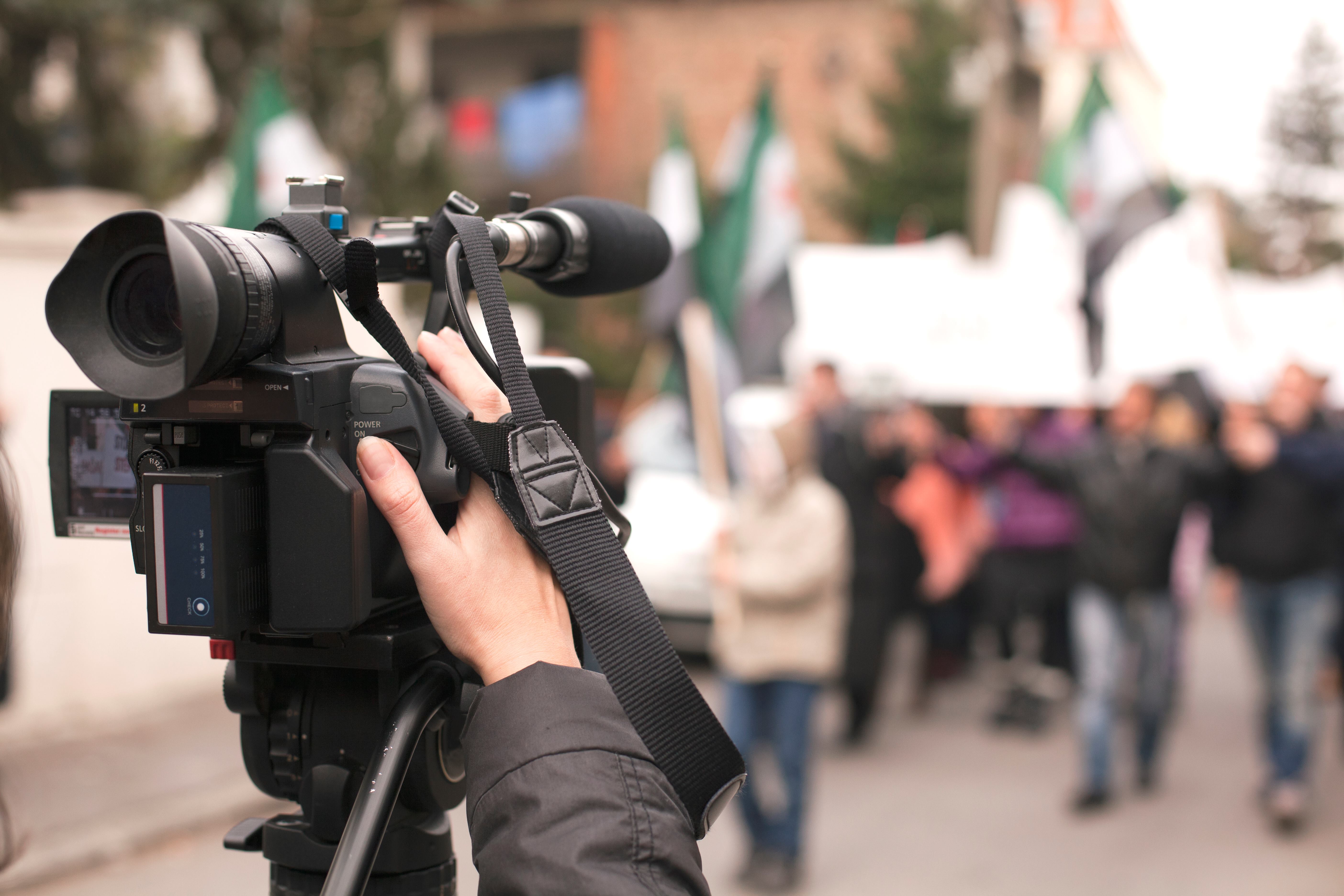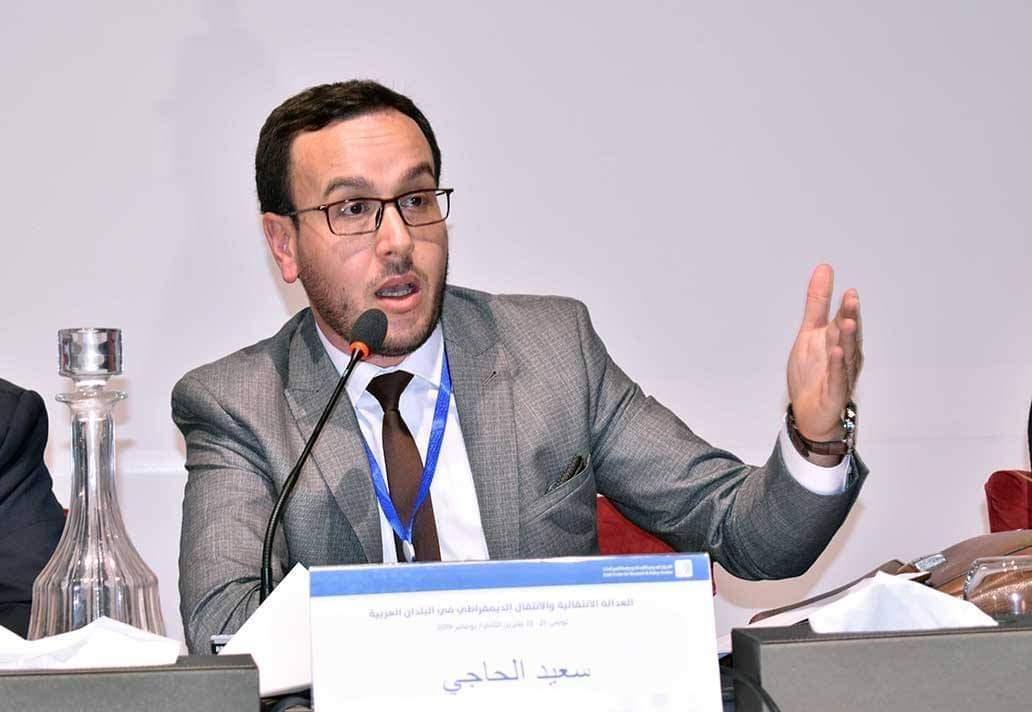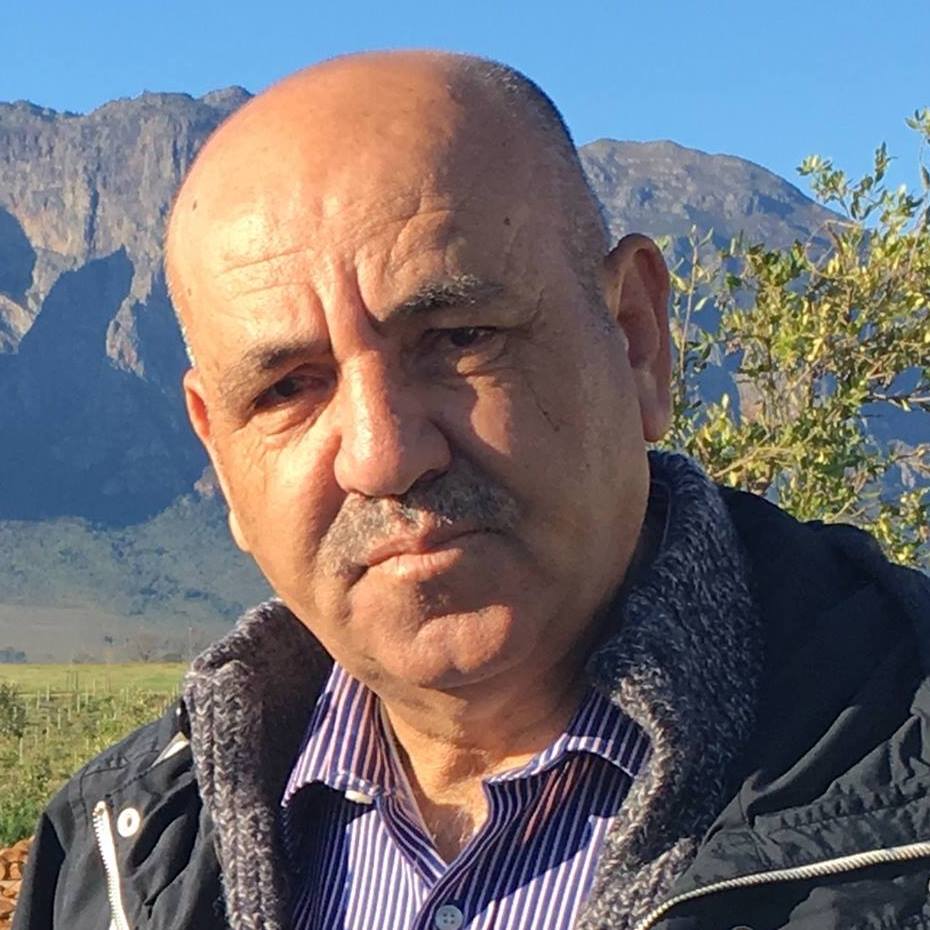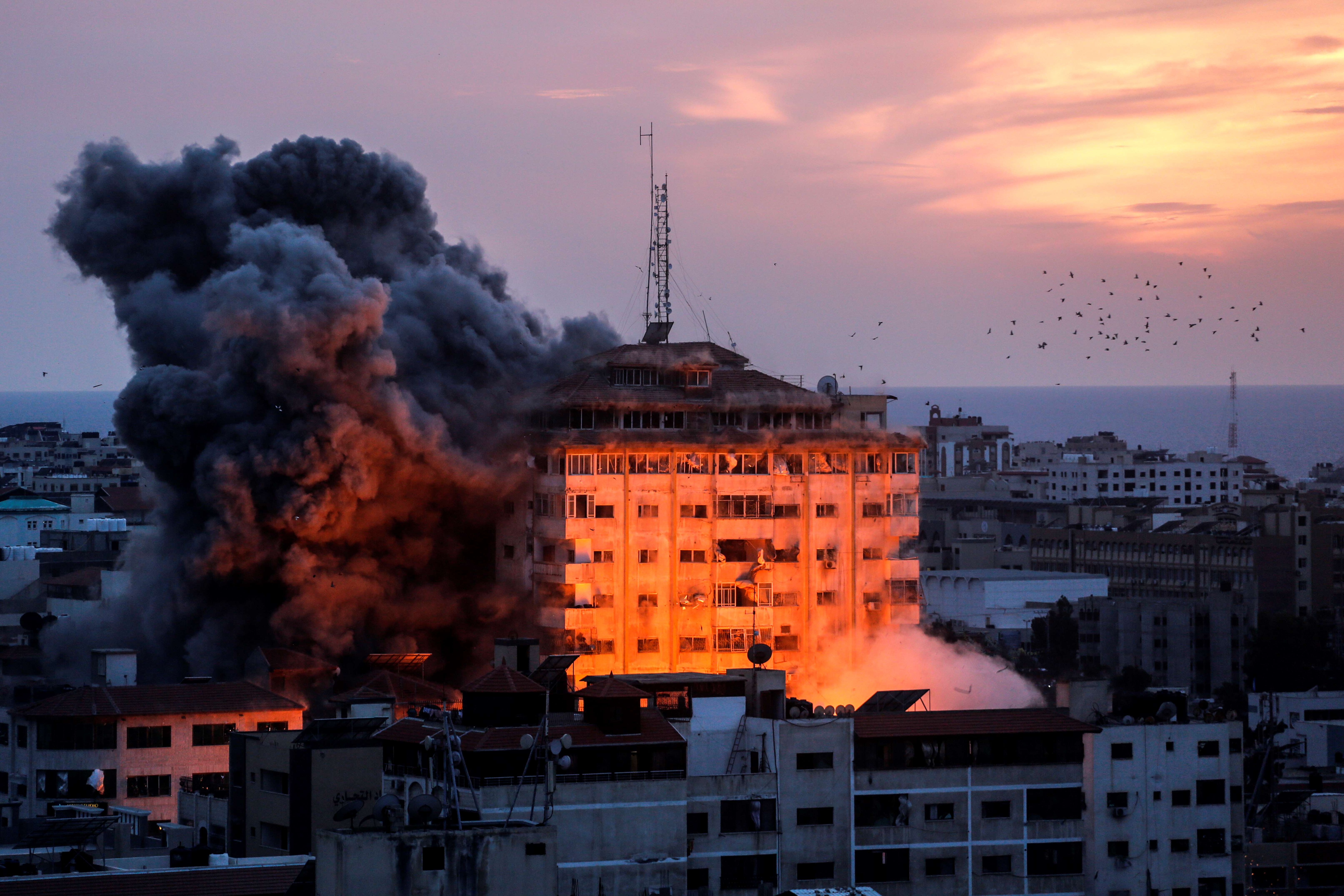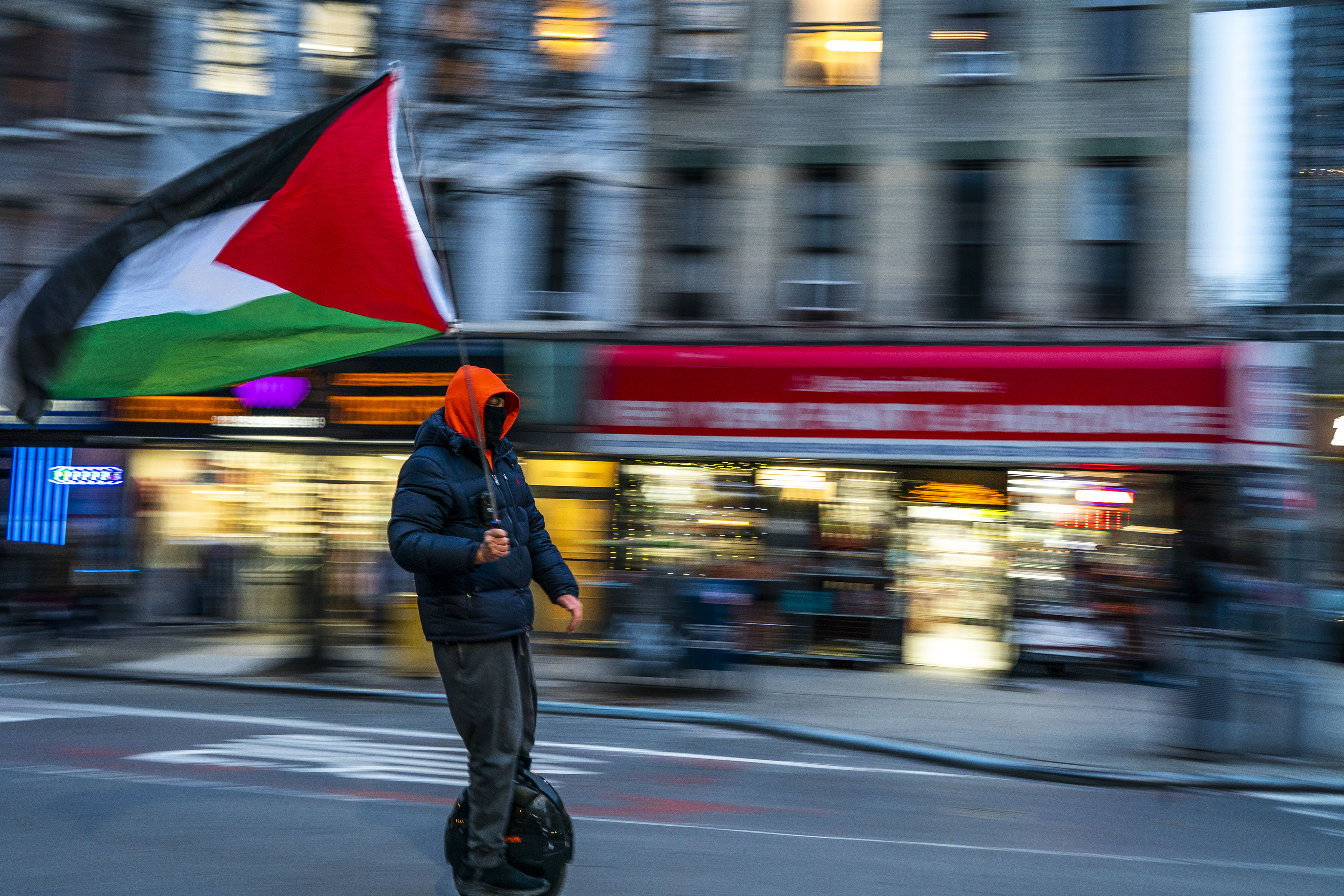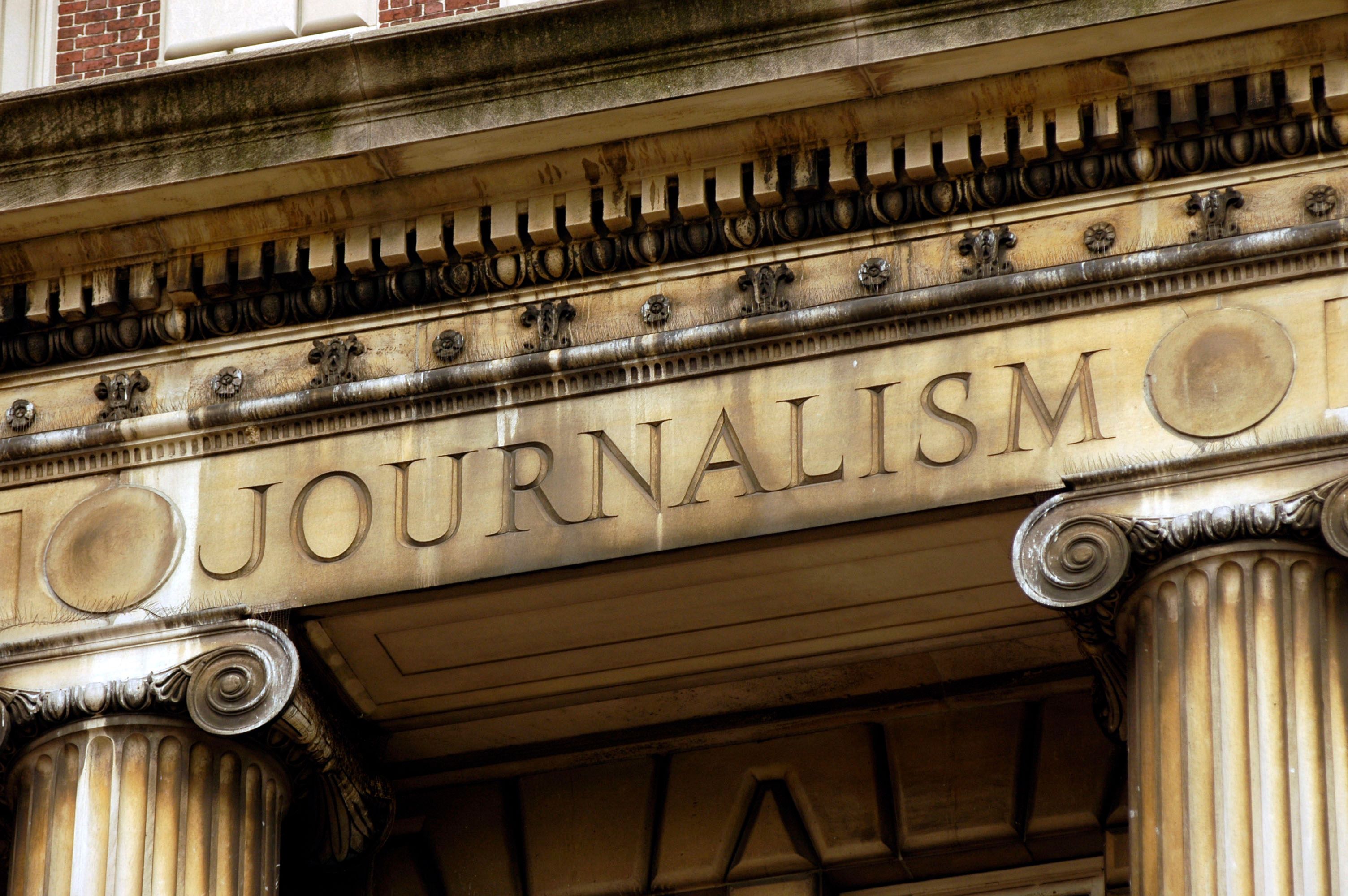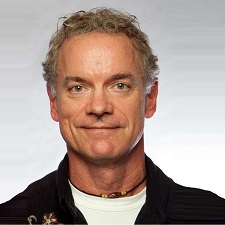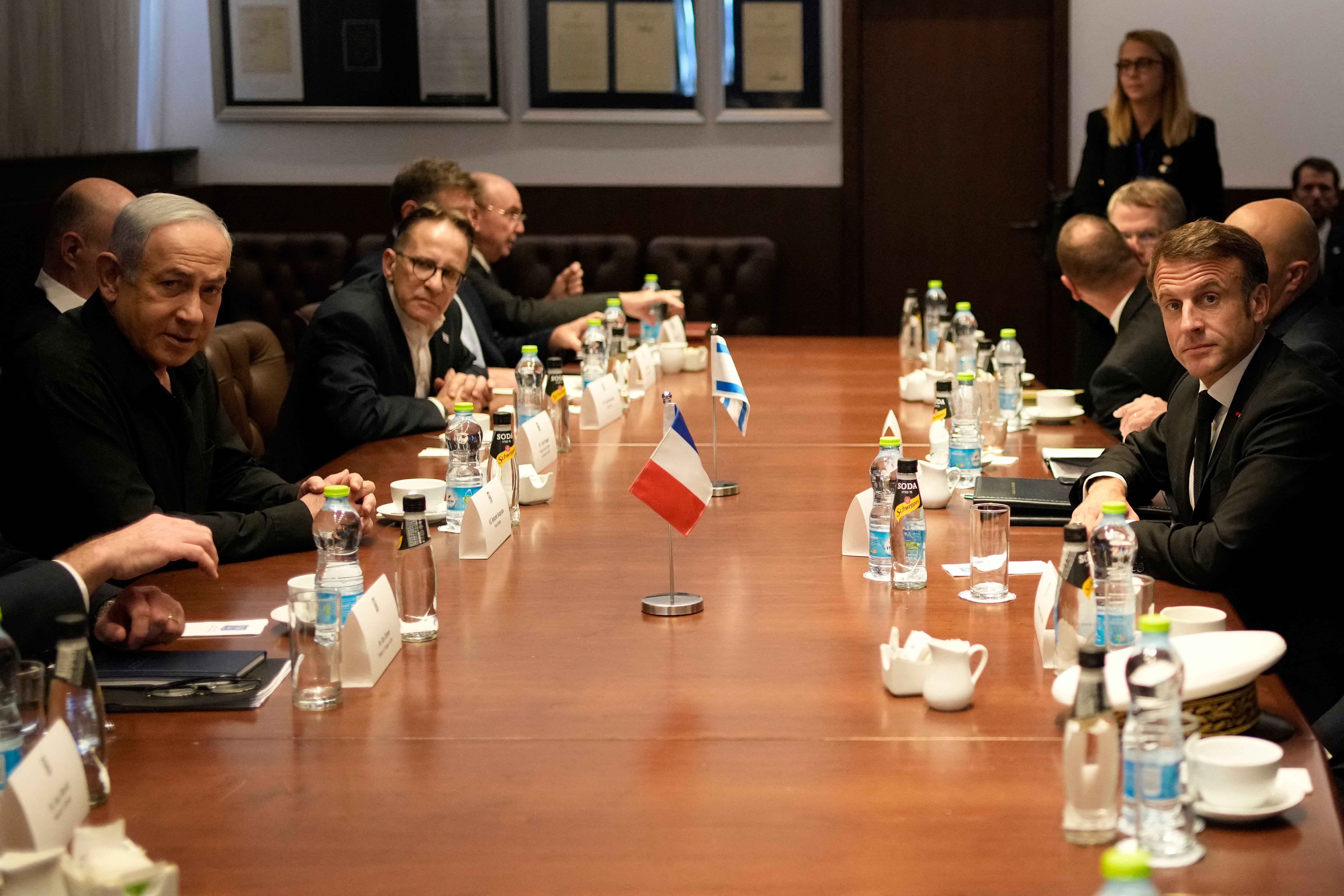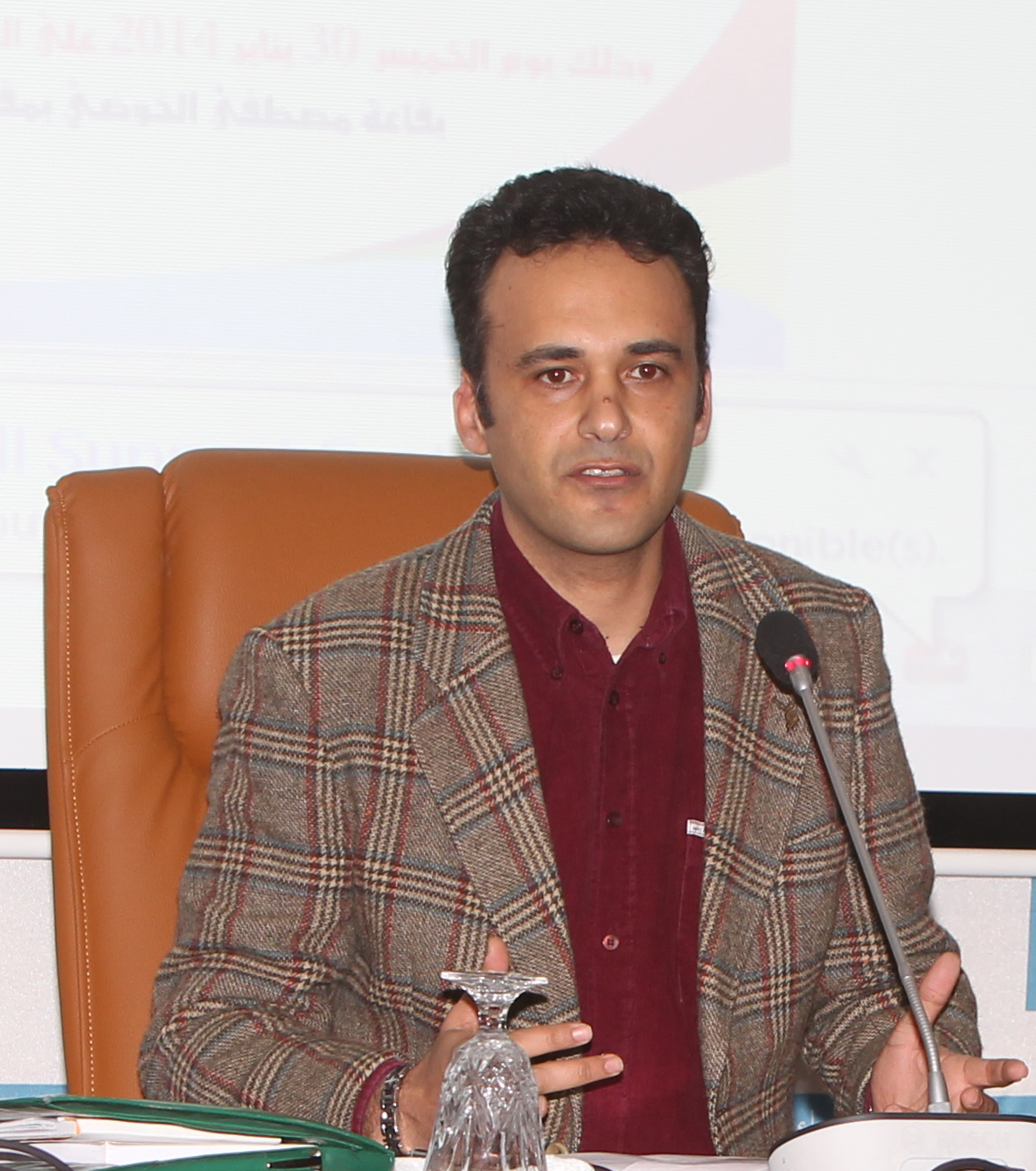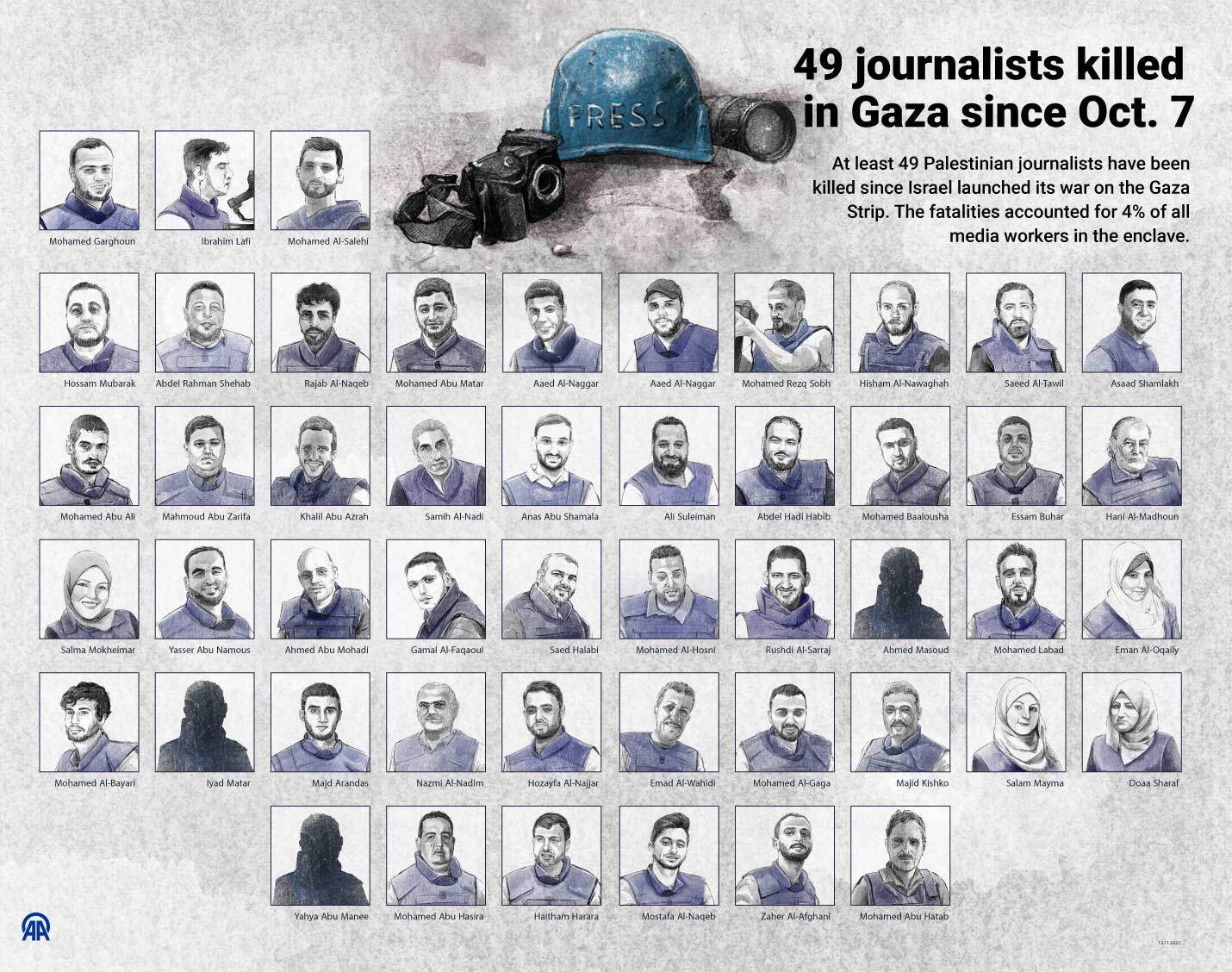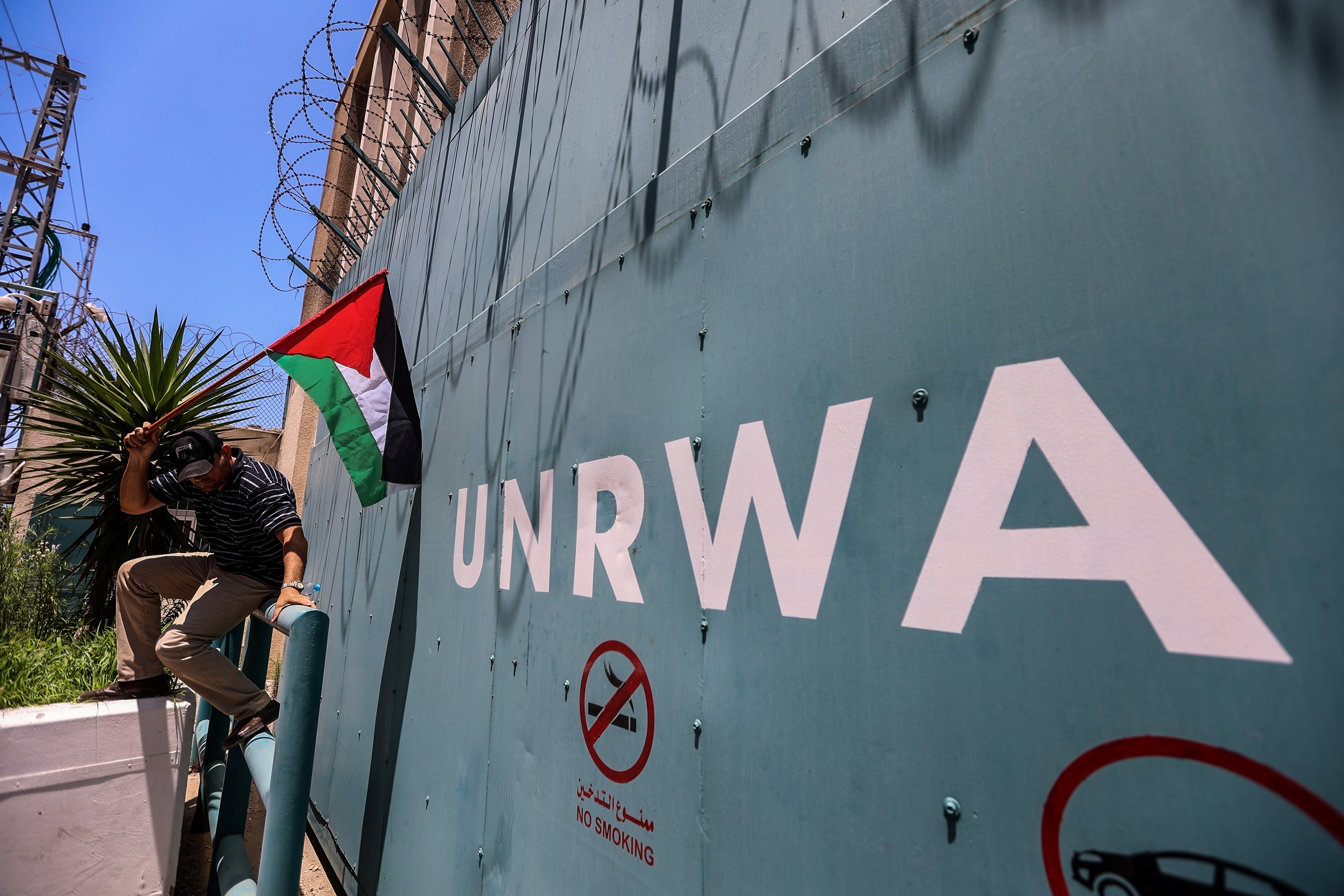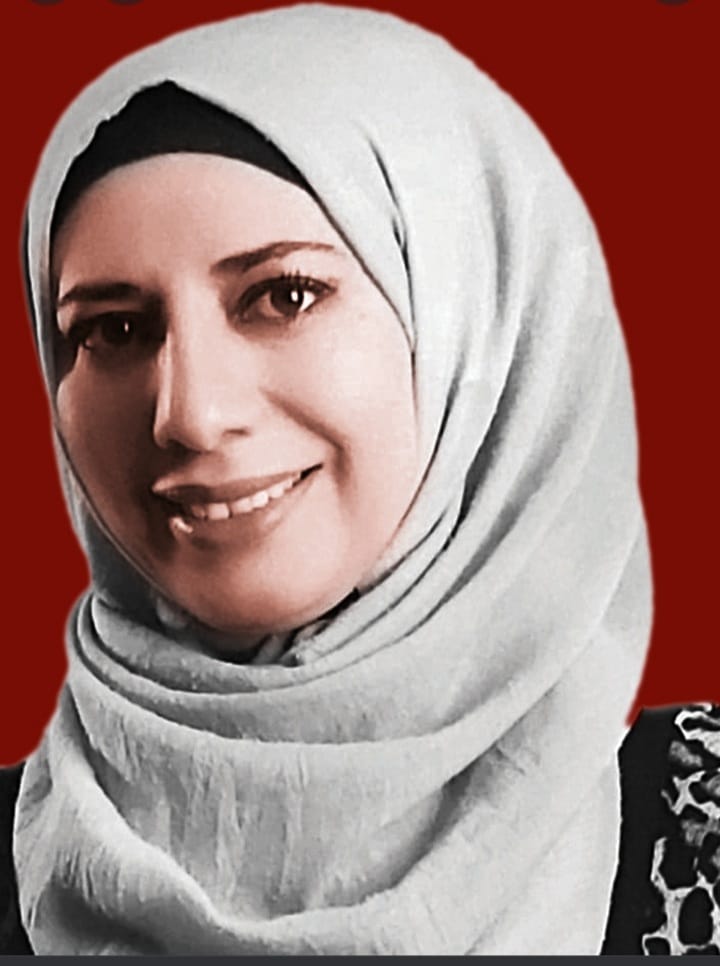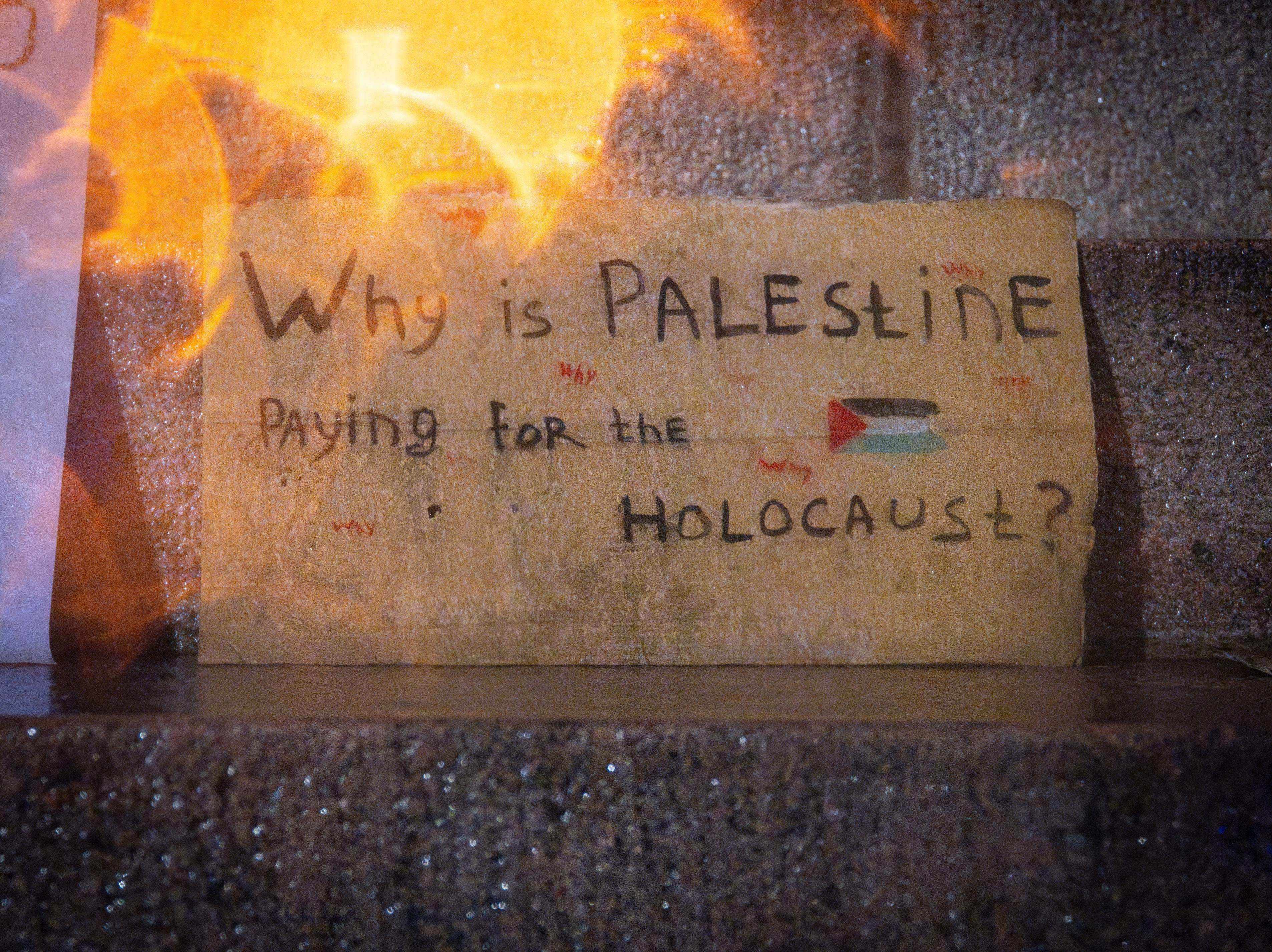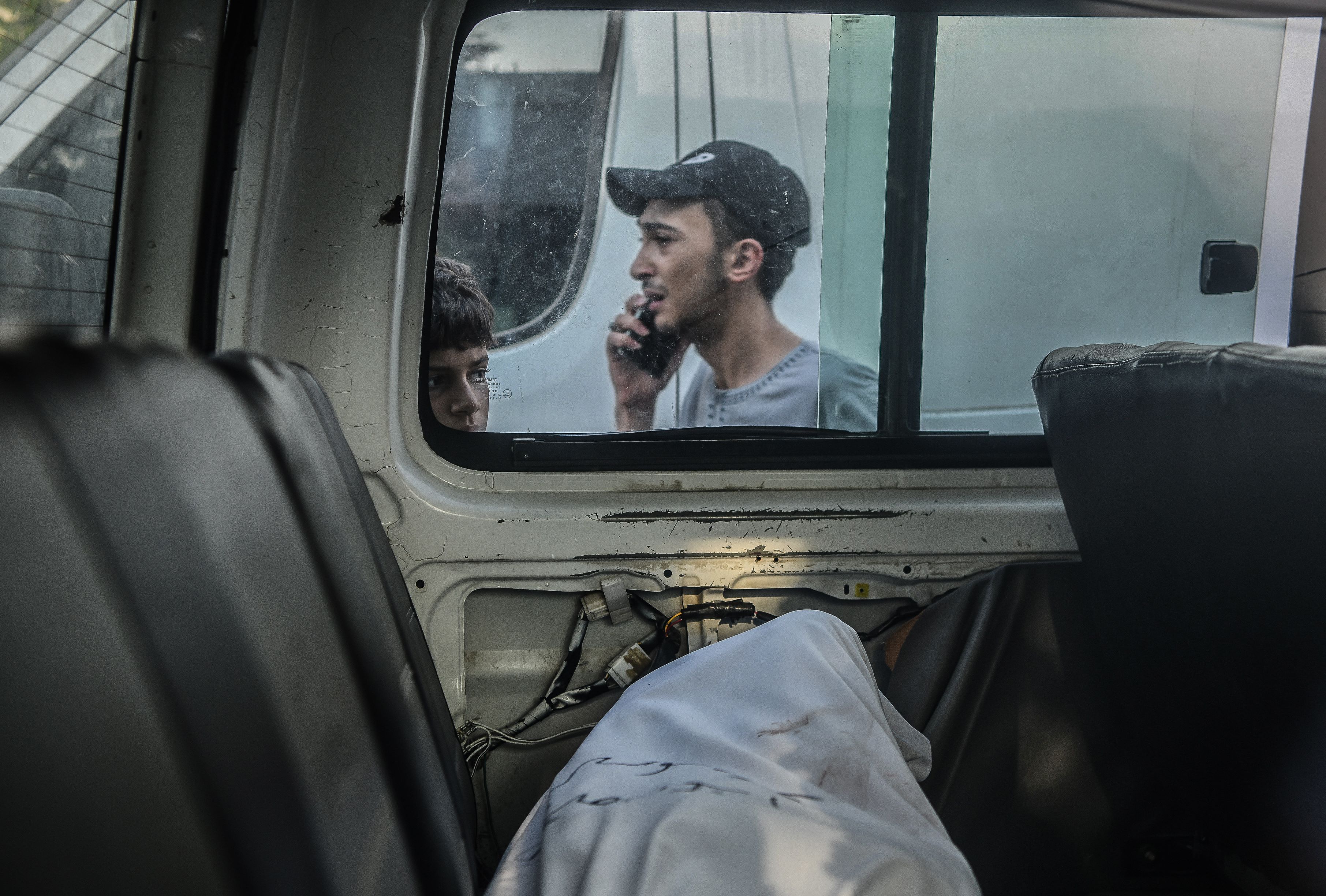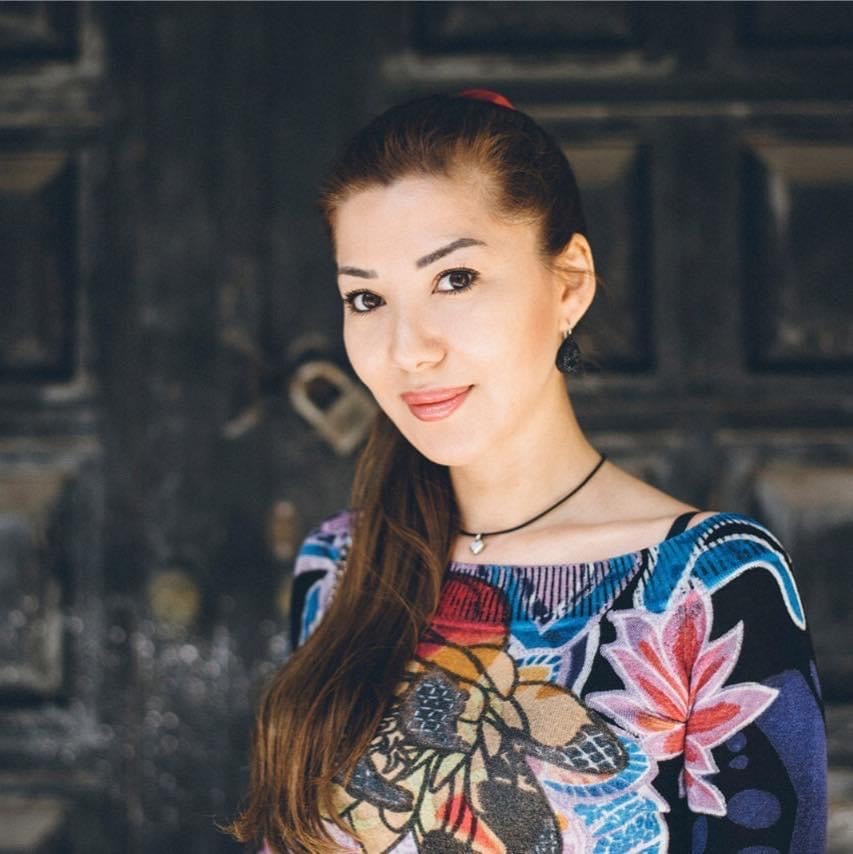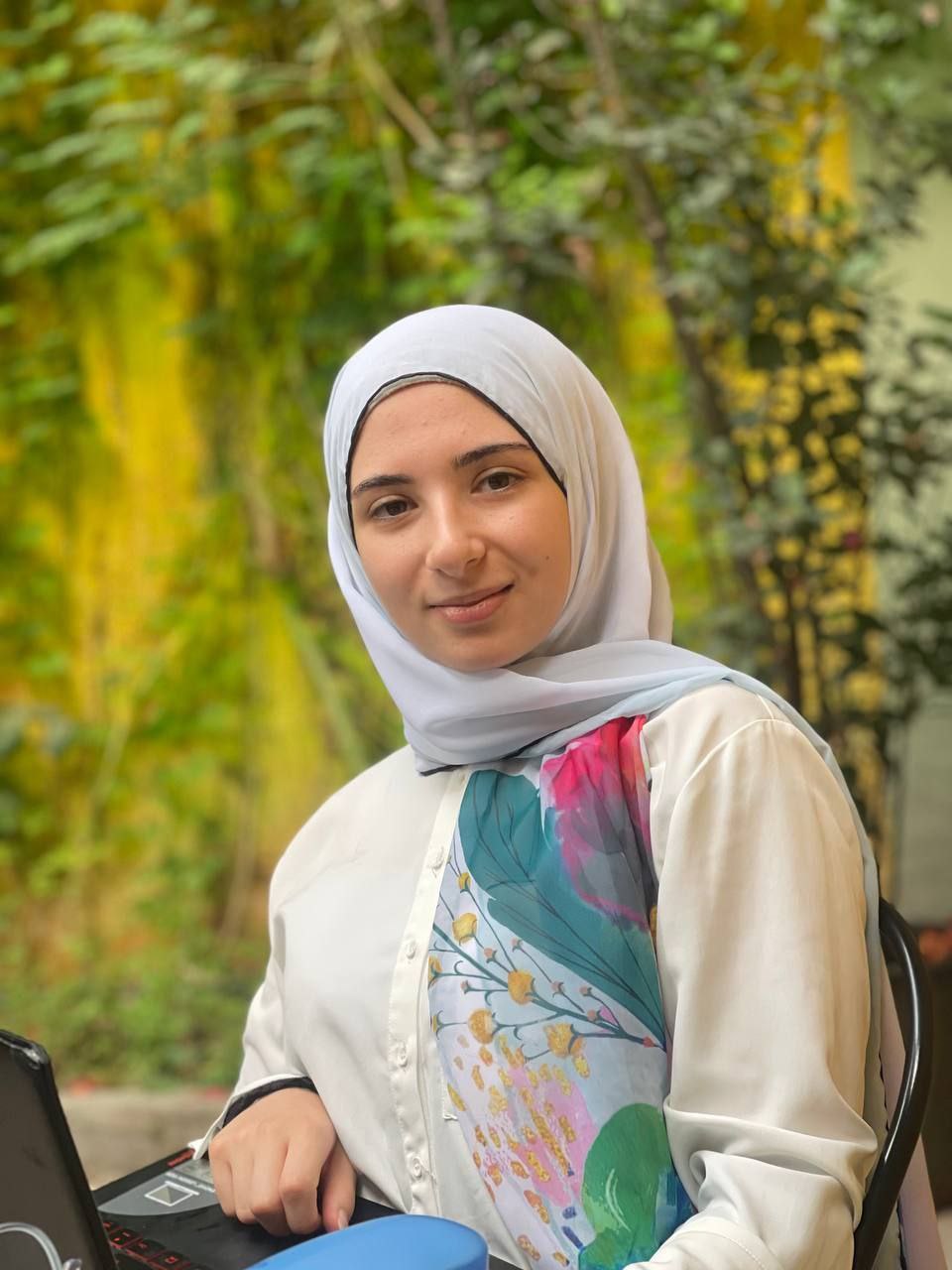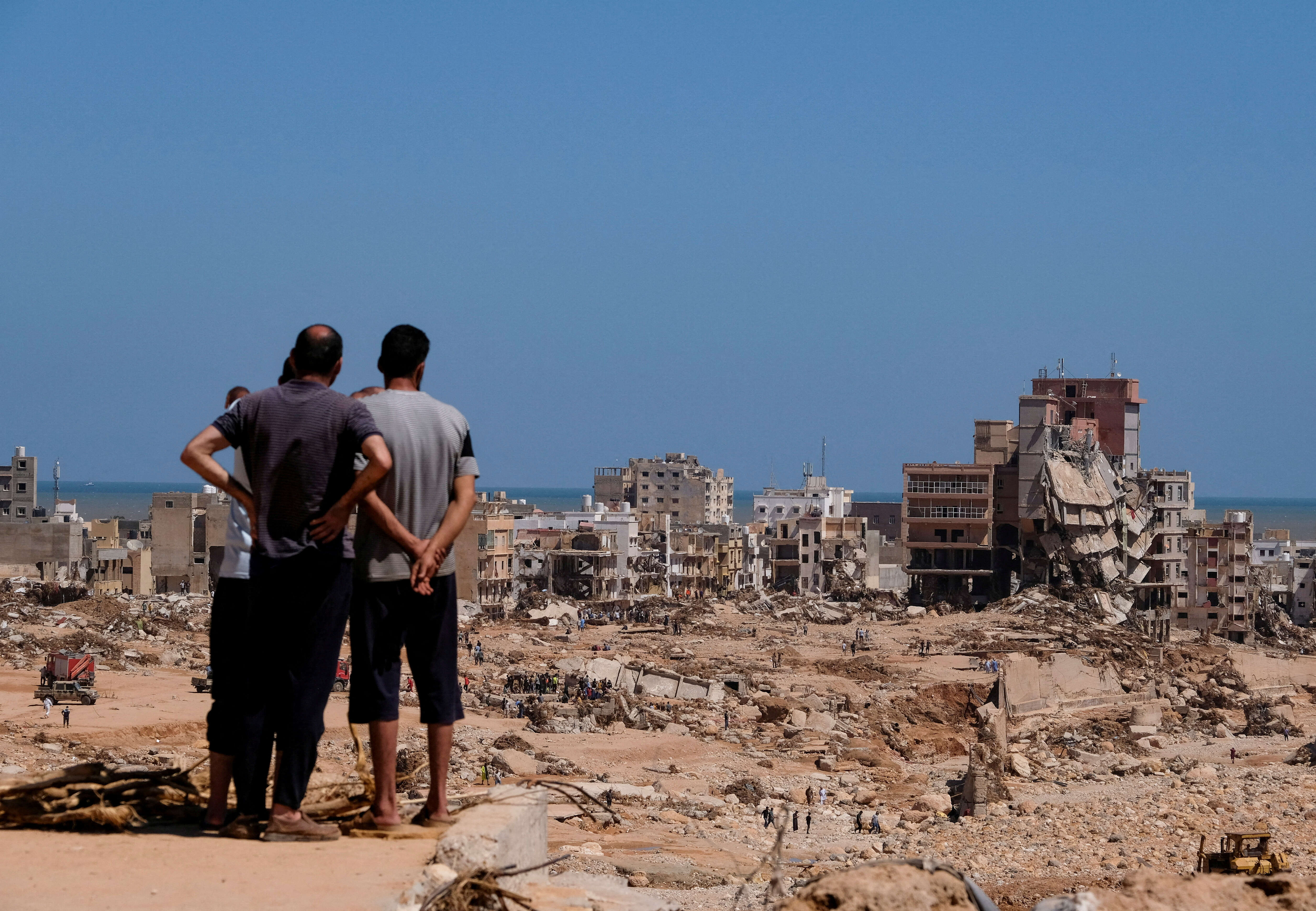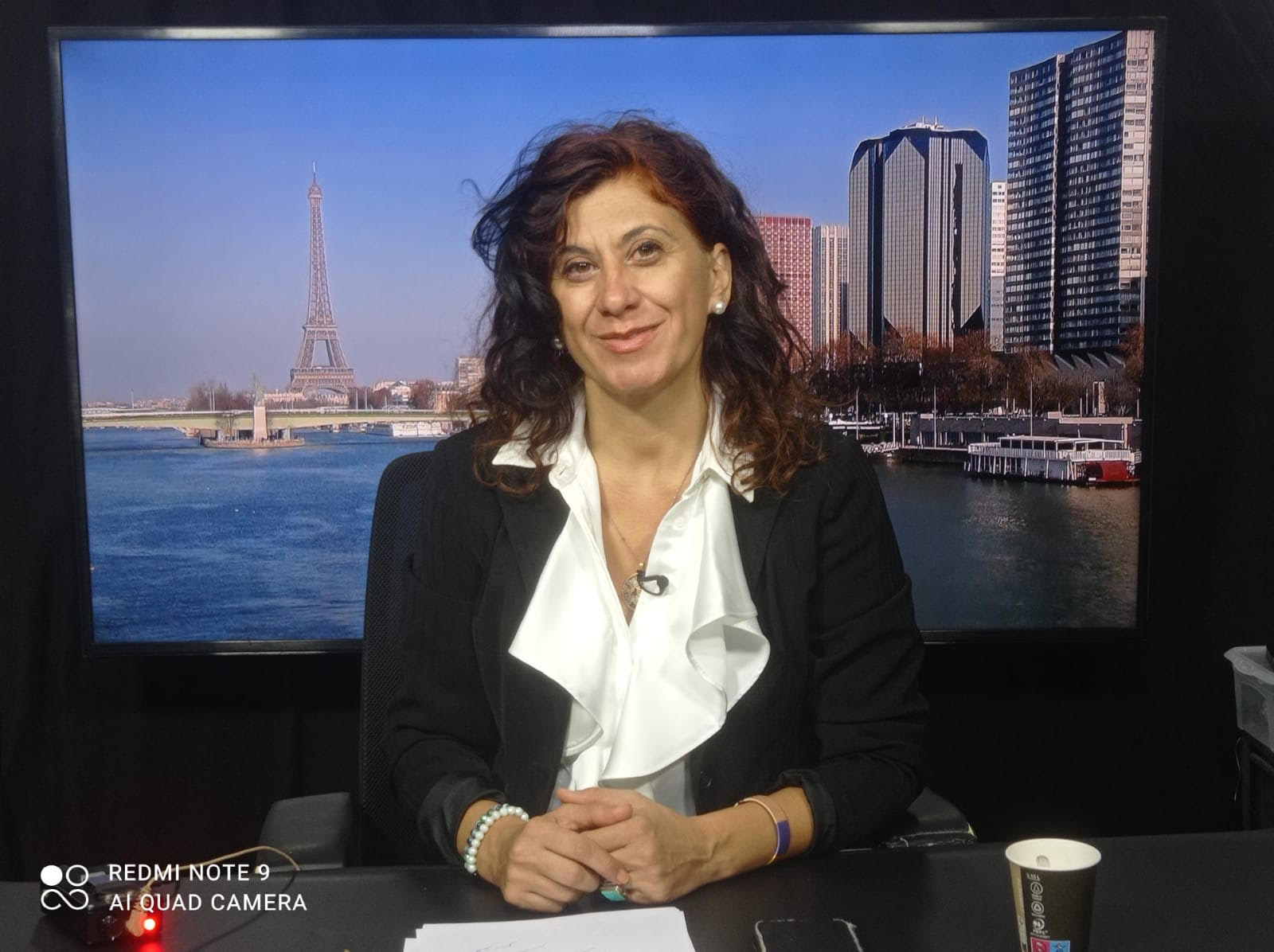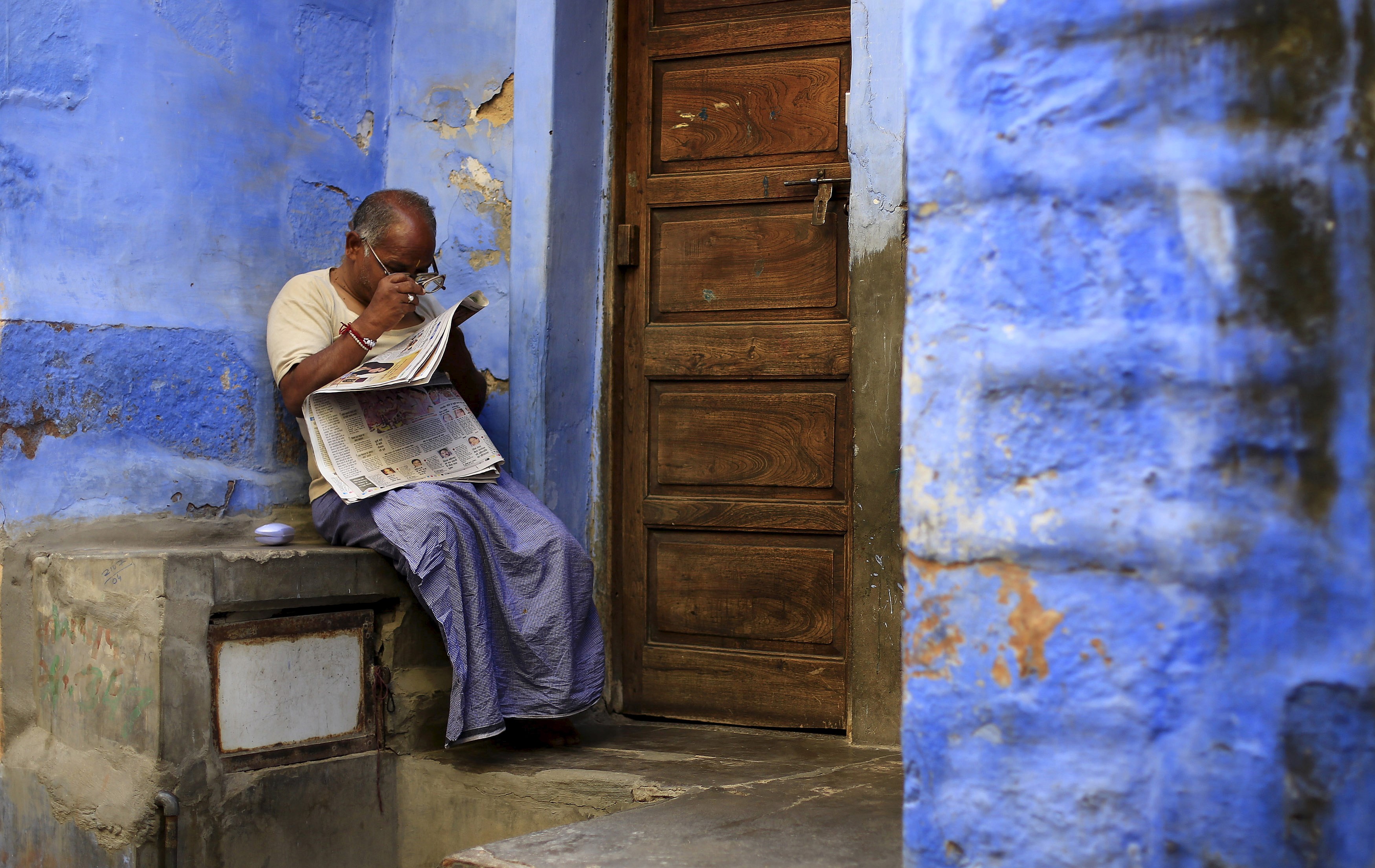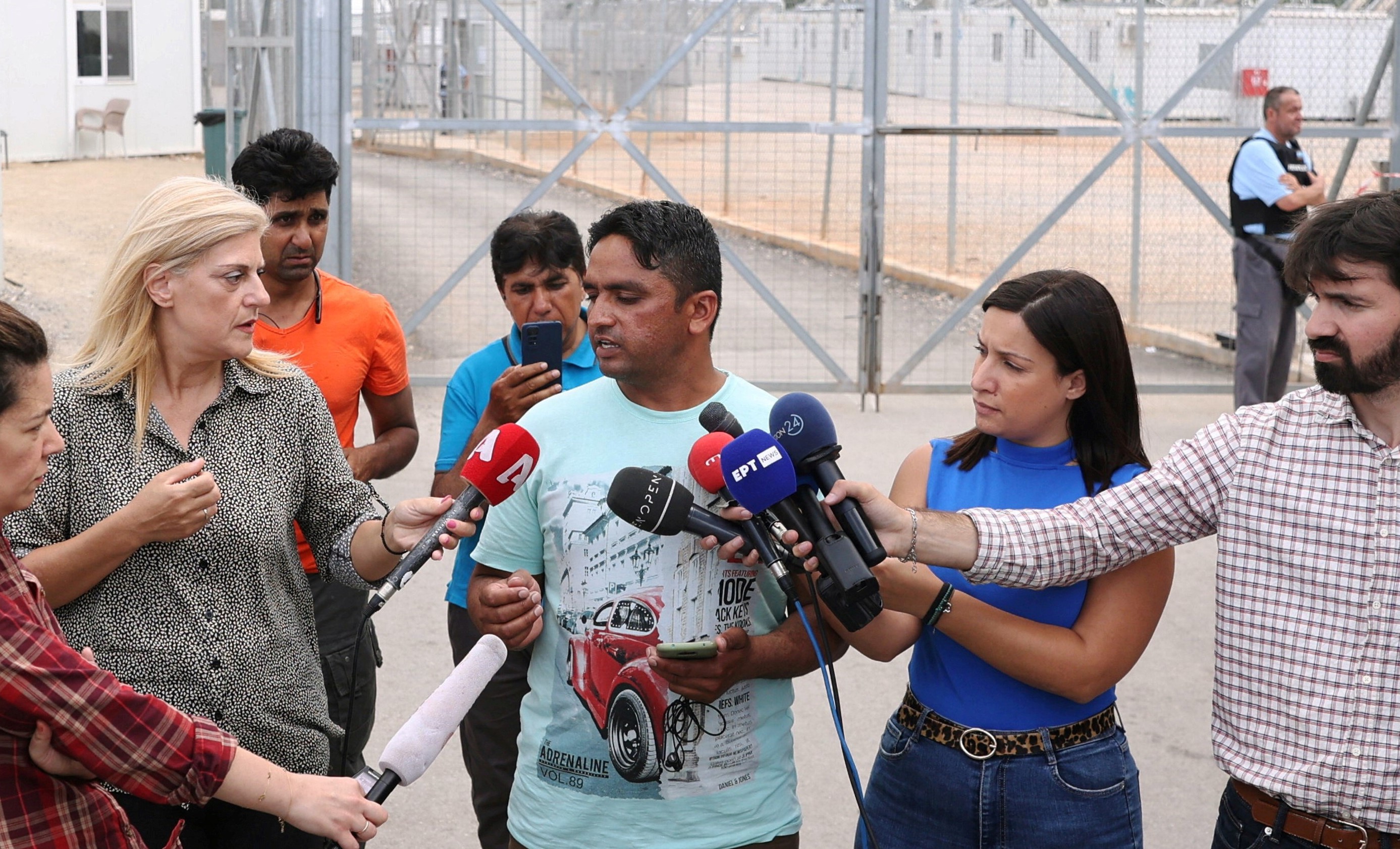A large part of the work associated with foreign correspondents is actually carried out by local journalists who are rarely credited - they work in the shadows
“Fixers in Taiwan?”
The innocuous question sent to the group email by a journalist in the US set off a highly charged discussion about the often fraught working relationship between foreign correspondents and local journalists who are usually referred to as “fixers”.
Chitrangada Choudhury, an independent multimedia journalist and Editorial Board Member at Article 14, a website that covers issues of justice and democracy in India, was the first to react, saying that journalists should avoid using the term “fixer” to refer to colleagues in the Global South.
“The latter do not have the money, financial resources, reporting budgets and institutional support that their colleagues in the Global North often do. But they are rich in knowledge, languages, skills, and contacts…How often have any of us seen a journalist travelling from the Global South to the Global North to do a story and view or use Western journalists/translators/producers there as 'fixers'?”
Choudhury ended her comment by emphasising the need to stop reinforcing the “very real power, financial and racial asymmetries that make journalism a colonial enterprise”, starting with the language used to refer to local journalists as “fixers”.
Other journalists joined in the discussion with their own thoughts and suggested alternatives to “fixer”, bringing to the surface the thorny undercurrent of the foreign correspondent and local journalist dynamic that is often felt but rarely spoken about.
These are the guides through another world. The ones who offer context. The ones who often produce the very stories the journalist takes credit for
Stephen Franklin who spent years as a foreign correspondent for the Chicago Tribune replied: “A fixer is also not the right word - especially when you are depending on someone to set up meetings, do translations and, in the worst of cases, watch your back so nothing terrible happens to you or your group.”
When covering Central and South America, Franklin always paid more than the standard rate and “felt that it was only just to do so”.
However, none of his articles carried a shared byline with a local journalist.
“Because I worked overseas, there was rarely any discussion about how the (reporting) work was being done in person, unfortunately,” Franklin explained.
Someone suggested using the word “gatekeepers” as an alternative to “fixer”, which documentary filmmaker Taylor Krauss called out as “missing the point”.
“Even if they don’t typically publish, or don’t have bylines on media, they are so much more. These are the guides through another world. The ones who offer context. The ones who often produce the very stories the journalist/filmmaker/author takes credit for. They offer ideas and make it possible for stories to be told … and mostly never get credit for doing so.”
Echoing Choudhury’s original point about how terminology defines realities, Krauss called for the need to change language “to engender respect–and begin to rebalance power.”
The thread exposed an uncomfortable truth.
“Fixing” work comprised everything from the bureaucratic paperwork to acquire permits and clearances; to profiling, pre-screening and scheduling interviewees; and securing access to locations with varying degrees of security risk is crucial - no story would be possible without it.
The work is similar to the work any journalist would need to do for an assignment. But if the work is the same as that of a journalist, then why is the local reporter called a “fixer” and not a journalist?
Same, but different. Same, but not equal
In journalism parlance, a “fixer” is defined as someone hired by a foreign journalist or news outlet to work out the preparatory and logistical arrangements needed for a story. A fixer does not necessarily have to be a journalist.
However, most local journalists - especially those who work as freelancers - also take on fixing work. In doing so, they lend the added value of their experience by providing local expertise, insider information and access to sources that they have spent time building trusted relationships with.
But the work of the local journalist is often kept in the shadows. Their contributions are hardly credited with a shared byline or reporting acknowledgements.
Instead, professional fees, usually charged at a day rate that can be equivalent to up to half a month’s salary, are treated as the financial salve meant to compensate for the invisibility .
As a journalist who has also taken on fixer work, I know that that’s what I told myself - and others.
They lend the added value of their experience by providing local expertise, insider information and access to sources that they have spent time building trusted relationships with
Such as when a European female colleague once asked me: “Why are you a fixer?”
We both worked for the same news outlet. She, as a staff journalist based in Europe, me as a freelance correspondent and occasional fixer, based in the Philippines. We were both reporters but why was the way she said fixer loaded with rebuke and condescension?
Her next statement clarified any doubt that I might have had about the meaning behind her words.
“Your work has been published in news outlets that I can only dream of being published in. Why are you a fixer?”, she repeated.
That was back in 2018. I wish I had the courage - and negotiating leverage - to voice what the other journalists like Choudury had said in the group email.
Instead, I managed to give my European colleague a factual but feeble answer: “Because it pays a lot of money.”
It was a calculated response. If I had said something more antagonistic or passive-aggressive, could it have endangered being commissioned by the news agency that we both worked for? It was too much of a risk. Between my written reportage and my work as a local producer, it was the “fixing” work that was my bread and butter.
Vania Pigeonutt, a reporter with more than a decade of experience reporting in violent contexts in Guerrero, Mexico, shares my ambivalence.
Pigeonutt takes on fixing work to fill in the economic gap left by other reporting assignments.
“I prefer to call myself a ‘local field producer’ and would like to see my byline credited in the stories,” says Pigeonutt, who adds that aside from the pay, this would be a good start in recognising her reporting contribution.
But even that does not completely address the security risk she is left to bear after a story has run and the foreign correspondent is back in their home country. Working in Guerrero, Mexico, one of the deadliest places to be a journalist, Pigeonutt lends access to sensitive sources that she has the responsibility to protect.
She shared that one foreign journalist used photos showing the faces of children holding weapons. “I couldn’t do anything because I was just the fixer. I should have been consulted about the angle and the development of the story. It is me who has to bear the consequences of that photo.”
Essential but invisible
Outside of the journalist chat group that sparked this discussion, there are small but concrete moves to recalibrate the inequities between correspondents and local journalists.
“The imbalance of power and resources between these two groups has resulted in a host of unfair practices - from payment to bylines to safety - that our industry hasn’t fully reckoned with,” says Marina Walker Guevara, Executive Editor at the journalism non-profit, The Pulitzer Center.
One foreign journalist used photos showing the faces of children holding weapons. ‘I couldn’t do anything because I was just the fixer but it is me who has to bear the consequences of that photo’
Vania Pigeonutt, freelance journalist, Mexico
The Pulitzer Center has taken on an intentional approach about levelling off this imbalance, by replacing the term “fixer” in their communications, contracts and website with “local reporting partner” and promoting its usage at public events and conferences.
Walker Guevara explains that after one of those events, the curators of the Media Diversity Guide adapted the recommendation in their guide, which says:
"Fixer: In journalism, a fixer is a local person who helps a journalist working in a foreign country, often arranging interviews, translating documents, interpreting interviews, offering in-country expertise, and serving as a go-between or cultural ambassador to a community. Some consider the term demeaning or not properly respectful of the skills required for the job. The Pulitzer Center, for example, now uses the term local reporting partner. Other media outlets use terms like local correspondent or local journalist."
“Fixer is a pejorative word that has been used to refer to local journalists who work alongside foreign correspondents. The term doesn’t capture the breadth of the work that local journalists do and the contributions they make to stories, often at great personal risk,” says Walker Guevara.
Grantees who secure funding support from the Pulitzer Center are encouraged to make their local reporting partners co-grantees and to have conversations about fees, scope of work, how they share credit, what safety measures are put in place during the assignment and, if needed, after a correspondent leaves the country. If it is safe to do so, the local partners’ bios are also included on the Pulitzer Center website.
Journalism award-giving bodies like the Kurt Schork Awards have also included a category for News Fixer Award. This year, the award went to Kyaw Ye Lynn from Myanmar in recognition of his work amidst the junta’s press restrictions for international reporters.
Walker Guevara also points out that radical collaborative work among journalists is becoming a new normal, replacing the once competitive media race to break a story or have exclusive access.
I cannot count how many times I was offered less than $5 to write an article for organisations abroad because I was living in Venezuela
Gabriela Ramirez, Data & Multimedia Editor, Unbias The News
Citing the Panama Papers Investigation, Guevara points out: “That was not a technological feat but a fruit of the radical collaboration and sharing of data, sources, and expertise among journalists for the sake of the story. It can serve as a blueprint for the application of the same principles of fairness, transparency, and radical sharing to relationships with local reporting partners.
“For too long, local reporting partners have been invisible. Essential but invisible. We work to change that.”
Give credit to everyone working on the story (period)
Other news outlets such as the Germany-based Unbias The News are going the extra mile by serving as publishing platforms that also provide editorial support for non-native English speakers.
“Just because a journalist does not speak English perfectly does not mean that they do not deserve their story to be told,” says Gabriela Ramirez, Data & Multimedia Editor at Unbias The News.
According to the Unbias The News Diversity, Equality, and Inclusion Report, 43 percent of their authors speak English as a second language, 15 percent have a migratory background, 97 percent live in the countries they report from and 20 percent have not published before in an international publication.
Ramirez says that this kind of editorial support is what is needed to fix the tradition of resource extraction and outsourcing cheap labour from developing countries. “I cannot count how many times I was offered less than $5 to write an article for organisations abroad because I was living in Venezuela,” says Ramirez. “There wasn't much difference between me and a ‘foreign correspondent’ - in terms of qualifications, experience, and education - except for my zip code and name.”
Unbias The News also upholds two guiding principles in its editorial policy:
- Give credit to everyone working on the story (period).
- Pay everyone and pay on time (period).
“If we are doing it, I’m sure bigger news organisations can also do it,” says Ramirez.
Ana P Santos is an independent journalist reporting on gender, sexuality and labour migration
The views expressed in this article are the author’s own and do not necessarily reflect Al Jazeera Journalism Review’s editorial stance
